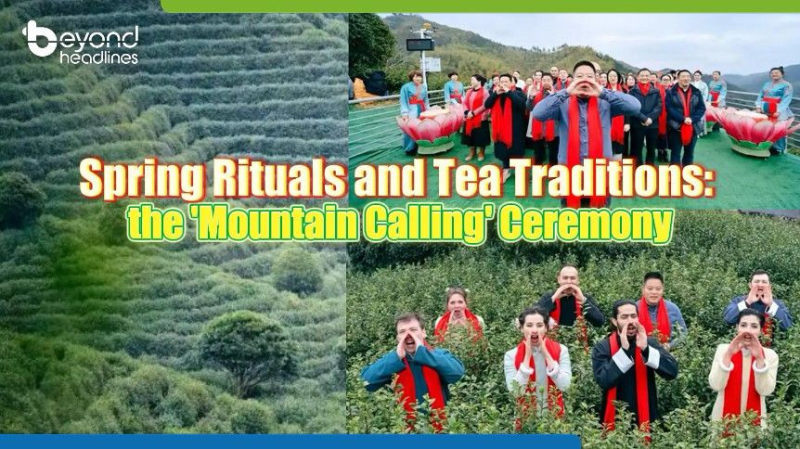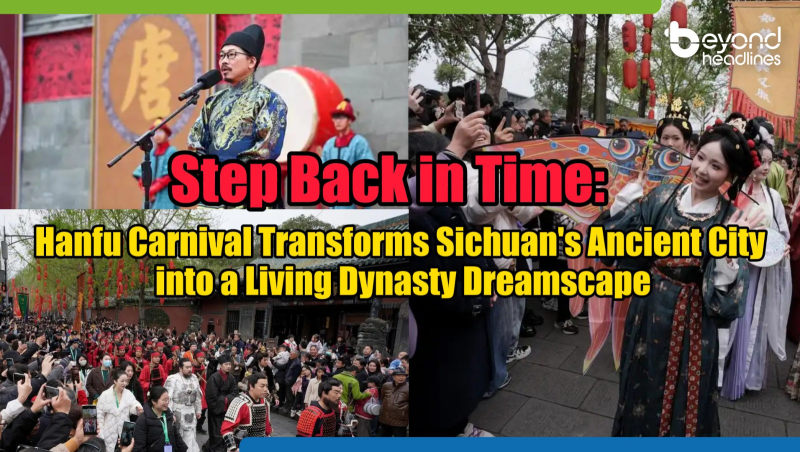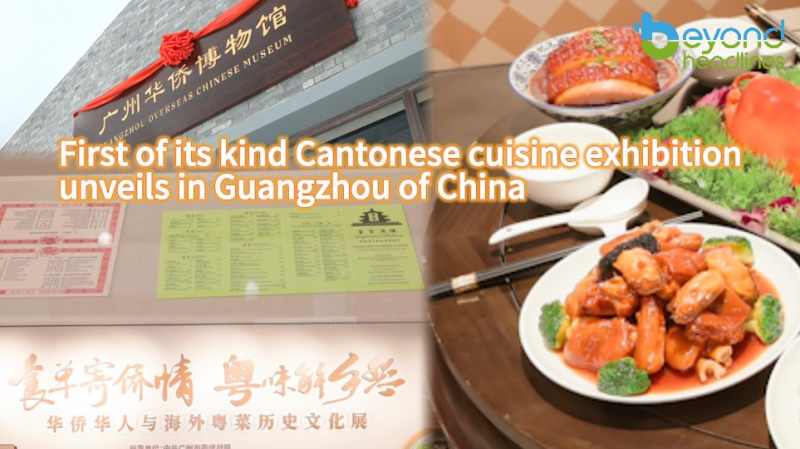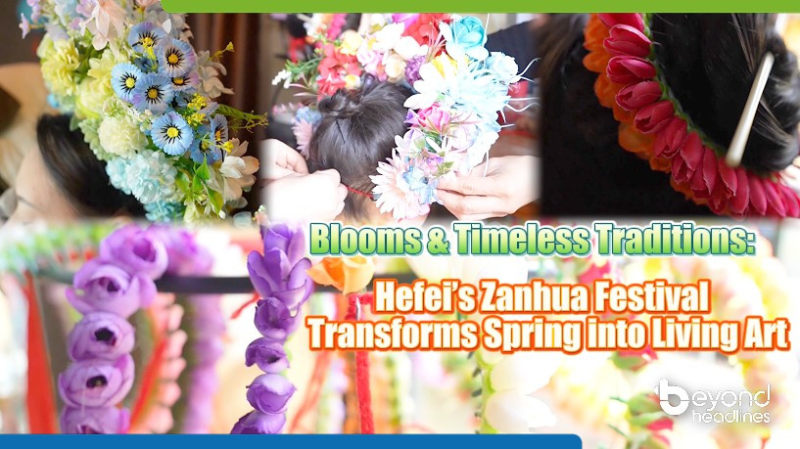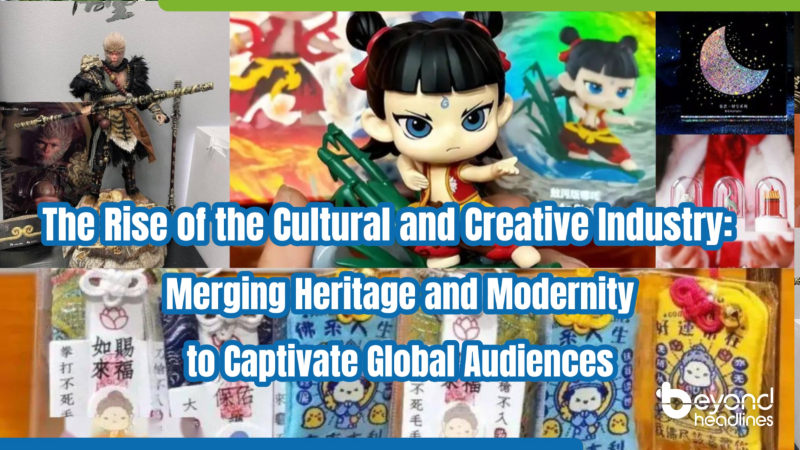B: Let’s take a sneak peek first. This is where we will have our English class together.
Song: Twinkle twinkle little star.
How I wonder what you are...
Twinkle twinkle little star.
Children are our future. This is a primary school in Kashgar, located in southern Xinjiang. Today we are going to visit a group of pupils here and conduct an English class for them. Let’s go!
B: Hello everyone, we are from Hong Kong.
V: I’m from Hong Kong. My name is Venus. I’m a teacher.
B: My name is Burmie. Nice to meet you.
Students: Hello!
B: Today, we will learn some English together. Sounds good?
Students: Yes.
B: Will you teach us Uyghur? Is that okay?
Students: Sure.
V: How do you say 'xiexie' in Uyghur?
Students: Thank you (Uyghur).
B: No, how do you say it?
Students: Thank you (Uyghur).
B: Thank you (Uyghur). Is that okay? Thank you.
V: How do we greet each other in English?
Students: Hello.
V: Thank you.
Students: Thank you.
V: Well done. Shall we sing a song today? How about a song about stars?
B: You come over too. Let’s play together.
V: I’ll sing it first. Then you can repeat what I say.
V: Twinkle twinkle little star
Students: Twinkle twinkle little star
V: How I wonder what you are
Students: How I wonder what you are
V: Can we do it again? Let’s start from the beginning.
V: Twinkle twinkle little star
Students: Twinkle twinkle little star
V: How I wonder what you are
Students: How I wonder what you are
This group consists of fourth-grade pupils who are just like other primary school students across China. They have classes in mathematics, moral education, languages, and so on. Here, they start taking English classes from the third grade. They are all quick learners! We could see today that they are eager to learn and quickly picked up the new vocabulary from our little lesson. They are very proactive in learning new things.
B: What else would you like to learn?
B: Would you like to learn Cantonese?
Students: Yes.
V: What would you like to learn?
Students: Strawberries.
V: In Hong Kong, we call strawberries 'strawberries' in Cantonese. Students: 'strawberries' (Cantonese).
What else do you want to learn?
Students: Watermelon.
B: Why only words for fruits?
V: Are you all hungry right now?
B: How do you say 'watermelon' in Cantonese?
V: 'watermelon' (Cantonese).
Students: 'watermelon' (Cantonese).
V: Can you say it again?
Students: 'watermelon'.
V: Great job! You said it perfectly.
Xinjiang Uyghur Autonomous Region accounts for one-sixth of the total land area of China, with a population of 25.87 million and average life expectancy of 75. Nearly 60% of that number consists of ethnic minorities and among them, 22% are under the age of 15.
China has 56 ethnic groups, and 47 of them can be found in Xinjiang. In the Kashgar region of southern Xinjiang, over 90% of the population is Uyghur. This is a bilingual school. The school name at the entrance is written in both Chinese and Uyghur languages. Except for a few Han students, nearly the entire student body is made up of different ethnic minorities, with Uyghur students making up the majority. The teachers also come from a range of different ethnic groups. On the exterior wall of the teaching building, “prosperity, democracy, civility, and harmony” are written in both Chinese and Uyghur languages. No matter how far apart we are, the core values we all pursue are the same. These students are also taking classes in minority languages, with Uyghur textbooks and teaching materials. The teacher also uses Uyghur in the classroom. Language is the carrier of culture. Uyghur children learn their own ethnic language systematically from a young age in school. Uyghur language as their mother tongue has been preserved along the way. Other ethnic groups in the school, including Han students, are required to take Uyghur classes together, which helps them communicate with each other more easily and respect the varying and distinct cultures of other ethnic groups.
Although we could not understand the content of the Uyghur language class, we were very impressed by the dedication and enthusiasm of the teacher. In addition to applying information technology in teaching, the teacher also designed different interactive activities for students. The students were all in good spirits. Every time the teacher asked a question, the students would raise their hands to answer as quickly and eagerly as possible. We could feel that they really enjoyed learning. With this passion, their native culture and language can be passed forward and also continue to evolve. Furthermore, they are also receiving a competitive education to open up pathways and opportunities in other parts of China. And if these students do choose to explore the many diverse regions of China, communication will not be an obstacle.
Zhu Shengchuan
Primary School Teacher
Teacher Zhu: Mandarin is the most commonly used language for communication between all our ethnic groups. After learning it, they can choose to go to many universities in the mainland for better development and communication in the future. English language learning is also part of the syllabus of our primary school for all students from Han and other ethnic groups. This ensures that they can have better development in future.
Mr. Zhu is from Gansu. He fell in love with Xinjiang when he came here to study in university and decided to stay to build his career here. He started teaching mathematics at this school right after graduating from the university three years ago and even became a head teacher of his class. Every day, when he walks through the classroom corridor, he has a special feeling towards the following slogan on the wall:
Teacher Zhu: We should embrace each other like the pomegranate seeds. Pomegranate is a special fruit in Xinjiang. I think we are a big family with different ethnic groups. I came here for university and I have many classmates from different ethnic groups. We have a very good relationship as we were learning and growing up together.
Teacher Zhu: Our primary school also has Han students. They chose to come to our school and have integrated with the diverse groups in very positive ways. In our class, there are not only Uyghur students but also Uzbek students.
Teacher Zhu: When these students encounter challenges, they are always quick to offer help.
Teacher Zhu: They have friends from various ethnic groups and are particularly proud of it.
After eighteen years since its establishment, the school has experienced growth in line with social development and population increase. The number of students has risen from 600 to over 2,700, spread across 51 classes. The cultural proficiency of the ethnic minority population in Xinjiang continues to advance. Among the Uyghur community, about 9,000 out of 100,000 people are having a college degree, marking a 272% increase compared to that of the early 2000s. According to the 2020 population census, the illiteracy rate in Xinjiang has decreased to 2.66%, which is lower than that of the national average.
Pan Wei
Primary School Vice-Principal
Vice Principal: Children of ethnic minorities often have a proclivity for singing and dancing. Their language ability is very good.
They might have some advantages in learning English.
Vice Principal Pan Wei, who came from Shanxi, has been working in education for 16 years and she is the 'third-generation' of Han-descendent people in Xinjiang. She treats every student as if they were her own children. She hopes that they will learn to be good people with healthy physiques while they achieve academic success.
Vice Principal: Once I had a sore throat and could hardly speak. My students noticed that I didn’t feel well and my voice was hoarse. They were very thoughtful and behaved especially well. They are usually very active but on that day they were quiet and respectful. The other day, when I was grading assignments, I found a herbal tablet in a student’s notebook. The student also wrote a small note that said, ‘Ms Pan, please take care and rest well.’ In that moment, I was deeply moved and tears welled up in my eyes. As a teacher, the most valuable thing is when the children truly treat you as if you were their own family member.
V: I've spent such a great afternoon with the Uyghur kids here. Unlike us adult, we’ve a lot of limits and boundaries, they're open and receptive to different cultures. No matter who you are, where you're from, they just sincerely want to make friends with you and know more about you.
B: The school is teaching the kids Uyghur, mandarin and English, but they want to learn Cantonese from us. I'm glad to see that they can grow up in such a happy and friendly environment.





